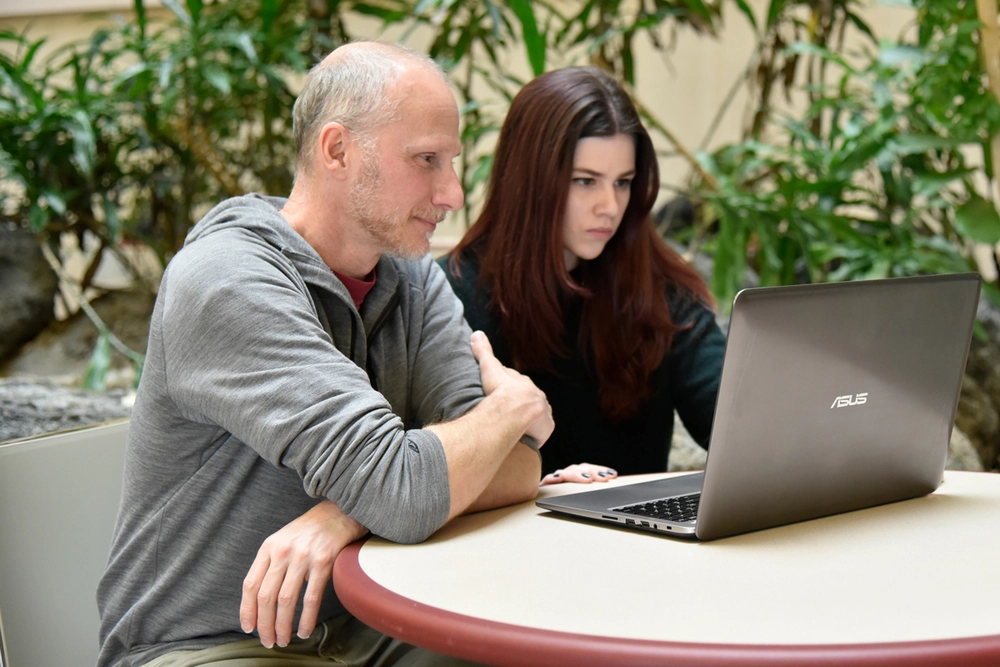
In new research published by Memory and Cognition, University of Illinois Psychology professor Aaron Benjamin and graduate student Jessica Siler show that taking practice exams can enhance a persons ability to reason about similar but unseen new material. In the study, undergraduate volunteers were asked to learn what family different species of birds belonged to.
Volunteers in the experiment first were presented with a series of bird-family pairings before being asked to study the material for an exam. For half of the bird families, participants were instructed to use a passive study strategy in which they re-viewed the image-name pairings. This was meant to mimic the study habit of re-reading materials, which prior work had shown is the most common study strategy among undergraduates.
Participants studied the second group of bird families using an active retrieval strategy, in which they were tested on material they had just seen. In particular, they were presented with a bird and they had to type the family name of the bird beneath the image. They were then given feedback on whether they had correctly identified the bird. Interestingly, on a later test, up to a month later, participants were better able to categorize birds they had seen before when they used the testing strategy than when they used a passive study strategy. Moreover, students were better able to infer the family names of birds they had never seen before when the used the testing strategy of study.
This experiment suggests that using practice questions while studying may not only improve memory but allow people to make more accurate inferences about items they have not studied. Tests today in educational settings are almost exclusively used to evaluate students' knowledge, however these new findings suggests that practice exams may be an important learning tool in their own right.
You can read more about these findings in the Beckman Institute News.
